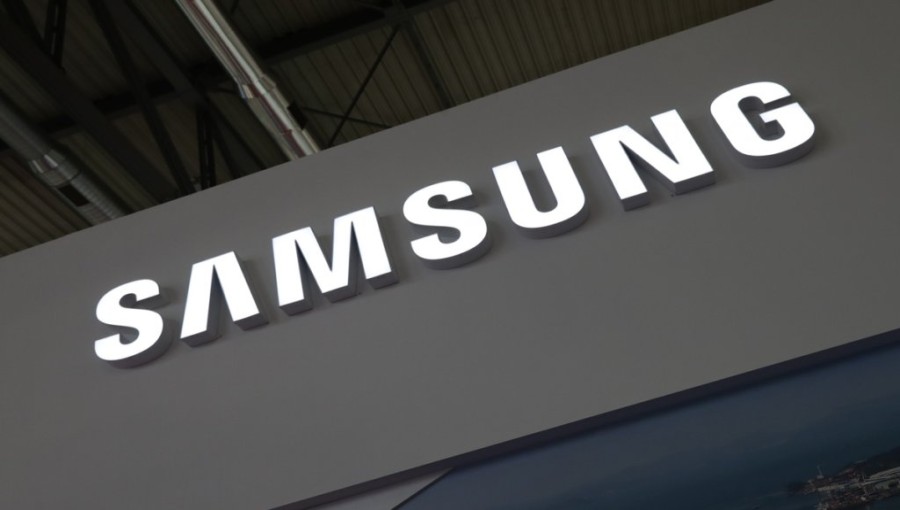Workers at Samsung Electronics in South Korea staged their first-ever strike on Friday, as announced by Son Woo-mok, head of the National Samsung Electronics Union. This historic strike comes after prolonged wage negotiations that have been ongoing since January without reaching a resolution.
Samsung Electronics is a significant player in the global tech industry, being one of the largest smartphone manufacturers and a key producer of high-end memory chips essential for generative AI technologies. Despite the strike, Samsung stated that production and business activities were unaffected, noting that the usage rate of paid leave was lower compared to a similar period last year.
The strike was marked by a protest of about 10 workers outside Samsung's major office in Seoul, who demanded respect for labor rather than specific raises or bonuses. The National Samsung Electronics Union, representing over a fifth of Samsung's workforce with around 28,000 members, emphasized the need for the company to respect labor issues and avoid unilateral decisions impacting workers.
Market analysts, including TrendForce, indicated that the strike would not impact the production or shipment of DRAM and NAND Flash memory chips, as it involved headquarters employees rather than production line workers. Additionally, the strike's timing during a holiday period and the automation of production processes at Samsung's fabs minimized any potential disruption.
This strike is historically significant as it marks a departure from Samsung's long-standing resistance to unionization. For nearly 50 years, Samsung managed to avoid unionization, sometimes employing aggressive tactics against unions. The first labor union at Samsung Electronics was established in the late 2010s, and in 2020, Lee Jae-yong, then vice-chairman and grandson of Samsung's founder, publicly apologized for past labor issues and committed to a more inclusive approach towards unions.
The collective action reflects a broader trend towards labor empowerment in South Korea. The union's call for Samsung to respect labor rights and stop oppressing unions signifies a significant shift in the company's labor relations.
Despite the strike's limited immediate impact on production, it underscores the growing influence of labor unions within one of South Korea's largest and most influential companies. Semiconductors, being a critical component of the global economy and South Korea's leading export, highlight the importance of maintaining stable labor relations within Samsung to ensure continued production and innovation in this vital sector.































Comment: